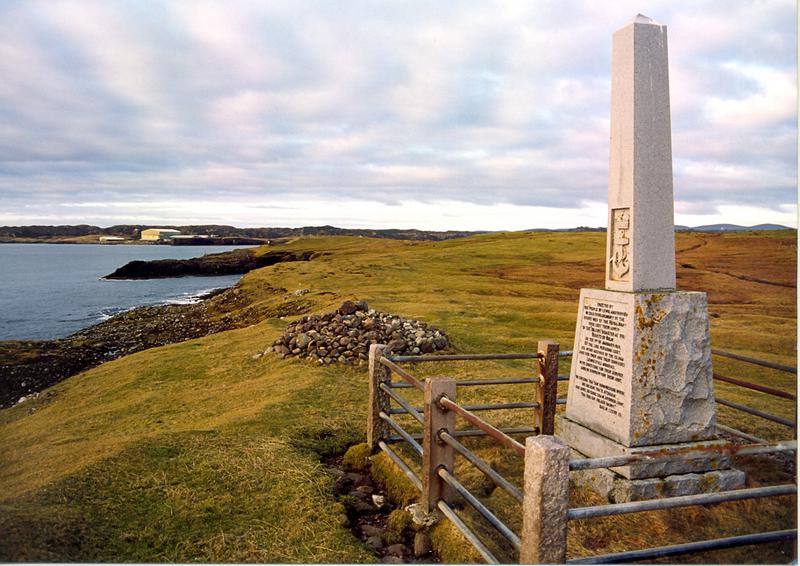On 3rd September 2016 a World War 2 poetry blog was launched worldwar2poetry.blogspot.co.uk
Roy Broadbent Fuller
Roy Broadbent Fuller ( 11th February 1912- 27th September 1991) was already a published poet when he was conscripted into the Royal Navy in 1941. His first collection 'Poems' appeared in 1939, and he'd also appeared in the prestigious 'Twentieth Century Verse' anthology edited by Julian Symonds. His next collections, 'The Middle of a War' (1942) and the 'Lost Season' ( 1944 ) were well received. He was promoted to Petty Officer and served in Africa in 1942, returning to Britain as a lieutenant in the Admiralty in London in 1943. He was demobbed in December 1945.
Fuller became a reviewer of some note, further poetry collections and novels followed. His careers were varied, including a directorship with The Woolwich, and professor of poetry at Oxford University (1968- 1973). Fuller also became a BBC governor, and held positions on the Arts Council and Library Advisory Council for England. He had the distinction as a poet of having his later work held in high esteem. In fact his 1989 collection 'Available for Dreams' is often cited as featuring his greatest poetry.
His work was praised by fellow World War 2 poet Vernon Scannell in his 1976 work 'Not Without Glory-poets of the Second World War' , who also drew attention to Fuller's initial support for Marxism, and the fact that Fuller's service during the War involved little direct combat. Another contemporary, Alan Ross, who also served in the Royal Navy , was a friend of Fuller's for decades, and dedicated his poem 'The Sea 1939- 1945' to Fuller.
I
mage of ill fated troop ship RMS Laconia torpedoed on 12th September 1942
courtesy of Wikipedia
Troop Ship
" Now the fish fly, the multiple skies display
Still more astounding patterns, the colours are
More brilliant than fluid paint, the grey more grey.
At dawn I saw a solitary star
Making a wake across the broken sea,
Against the heavens swayed a sable spar.
The hissing of the deep is silence,the
Only noise is our memories.
O far,
From our desires, at every torrid port,
Between the gem-hung velvet of the waves,
Our sires and grandsires in their green flesh start,
Bend skinny elbows, warn: 'We have no graves,
We passed this way, with good defended ill.
Our virtue perished, evil is prince there still. "
From 'Collected Poems 1936- 1961' -Roy Fuller
published 1961
A theme that occurs with 'War at Sea' and sea themed poetry is the notion that the sea, perhaps nature overall, is simply indifferent to humanity. However much beauty one finds in nature, its sky colours more 'brilliant than fluid paint' -it's superiority to something that humans can create, there are the ghosts who have passed this way. Their virtue having perished. Nature, like warfare itself doesn't reward the good.
The tension of embarkation in World War 2 must have been immense. As well as sailing off to fight in a foreign land, there was the realisation that loved ones weren't safe from bombing, even invasion.
A contrast can be found by looking at the poem by one Harry Beard , who began his war service by December 1940 at least, commissioned in 1941, served with Egypt and 8th army in Italy. Later to work for Army Intelligence.
The Troopship
Through the tropics once again,
with a stinking cargo of two thousand men,
each one sweating in his hammock;-
hip to buttock....
Bear us quickly to out journey's end,
we have our freedom to defend.
She carried prisoners before
to the Antipodes; we go to war.
But here they pack us us as they packed the foe,
eighty in this foul-aired space below.
Bear us quickly to our journey's end,
we have our freedom to defend.
At sea December 1940
From 'The Voice of War- Poems of the Second World War ' , published by The Salamander Oasis Trust 1995. The Salamander Oasis Trust began during the Second World War itself, and aimed to preserve the work of those who served in the Armed Forces during the conflict.
The poems compliments Roy Fuller's impression in that the sense of lower deck claustrophobia dominates. The sea is not even mentioned, and the voyage is uncomfortable and tedious.
ENDS
UPDATE New Blog launched in February 2023 by Michael Bully





